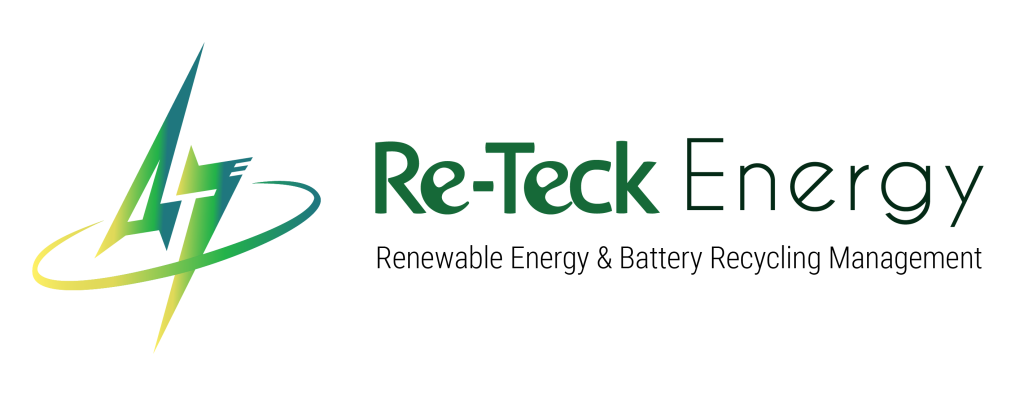Recycling Revolution: Innovations and Challenges in Waste Management

The recycling industry is undergoing a significant transformation as innovative technologies and strategies emerge to address the growing global waste crisis. With increasing awareness of environmental issues and the urgent need to reduce landfill usage, the recycling revolution is reshaping waste management practices. However, this revolution also faces several challenges that must be overcome to achieve a truly sustainable future.
Innovations Driving the Recycling Revolution
- Advanced Sorting Technologies: One of the most significant advancements in recycling is the development of sophisticated sorting technologies. Modern recycling facilities use artificial intelligence (AI) and machine learning algorithms to identify and separate different types of materials accurately. Optical sorters, which use sensors and cameras to detect specific materials, and robotic arms equipped with AI for precise sorting, have greatly improved the efficiency and effectiveness of recycling processes.
- Chemical Recycling: Traditional mechanical recycling methods can degrade the quality of certain materials, limiting their reuse. Chemical recycling offers a solution by breaking down plastics into their basic chemical components, allowing them to be repurposed into new, high-quality products. This technology has the potential to handle a broader range of plastics, including those that are typically hard to recycle, thus significantly reducing plastic waste.
- Blockchain for Recycling: Blockchain technology is being explored as a tool to enhance transparency and traceability in the recycling supply chain. By providing a decentralized and tamper-proof ledger of recycling transactions, blockchain can ensure that materials are properly tracked from collection to final processing. This technology can help combat recycling fraud, increase consumer confidence, and incentivize more accurate waste sorting and recycling practices.
- Circular Economy Initiatives: The concept of a circular economy, where products are designed to be reused, repaired, or recycled, is gaining traction. Companies are adopting eco-design principles to create products that are easier to disassemble and recycle. Extended Producer Responsibility (EPR) programs are also being implemented, holding manufacturers accountable for the end-of-life management of their products, thus encouraging more sustainable production practices.
Challenges Facing the Recycling Industry
- Contamination of Recyclables: One of the most significant challenges in recycling is contamination. Non-recyclable materials mixed with recyclables can spoil entire batches, making them unusable and increasing costs. Public education on proper recycling practices is crucial to reducing contamination and improving the quality of collected recyclables.
- Economic Viability: The economics of recycling can be challenging, especially when market prices for recycled materials are low. Fluctuations in demand and the cost of recycling processes can impact the profitability of recycling operations. Developing stable markets for recycled materials and incentivizing the use of recycled content in manufacturing are essential for the economic sustainability of the recycling industry.
- Infrastructure Limitations: Many regions lack the necessary infrastructure to handle the complexities of modern recycling. Investment in advanced recycling facilities, collection systems, and transportation networks is needed to support efficient recycling operations. Additionally, harmonizing recycling standards and practices across different jurisdictions can streamline processes and improve overall recycling rates.
- Consumer Participation: Successful recycling programs rely heavily on consumer participation. Educating the public about the importance of recycling, what can and cannot be recycled, and how to properly sort waste is crucial. Innovative approaches, such as gamification and reward programs, can also motivate individuals to engage more actively in recycling efforts.
The Path Forward
The recycling revolution presents an opportunity to turn waste management into a more sustainable and efficient system. Collaboration between governments, businesses, and consumers is essential to overcoming the challenges and maximizing the benefits of recycling innovations. Policies that support research and development in recycling technologies, provide financial incentives for recycling initiatives, and promote consumer education can drive the industry forward.
In conclusion, the recycling revolution is marked by significant innovations that are transforming waste management practices. Advanced sorting technologies, chemical recycling, blockchain, and circular economy initiatives are paving the way for a more sustainable future. However, addressing contamination, economic viability, infrastructure limitations, and consumer participation are critical to realizing the full potential of these innovations. By working together, we can build a more efficient and sustainable recycling system that benefits both the environment and the economy.
Photo by Artem Beliaikin on Unsplash






The article provides a comprehensive overview of the latest innovations in recycling technology, showcasing the potential of AI, chemical recycling, and blockchain to transform waste management practices and address the global waste crisis. This can be particularly informative for those seeking to understand the cutting-edge developments in the recycling industry.
While the article highlights the advancements in recycling, it also acknowledges the existing challenges, such as contamination, economic viability, and infrastructure limitations, presenting a balanced perspective on the current state of the industry. This balanced approach adds credibility to the article and avoids oversimplifying the complexities involved in recycling.
The article provides a comprehensive overview of the latest innovations in recycling technology, showcasing the potential of AI, chemical recycling, and blockchain to transform waste management practices and address the global waste crisis. This can be particularly informative for those seeking to understand the cutting-edge developments in the recycling industry.